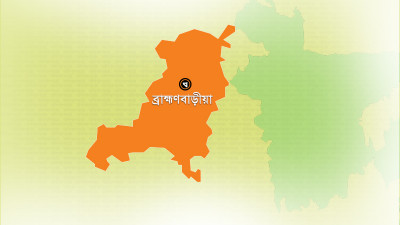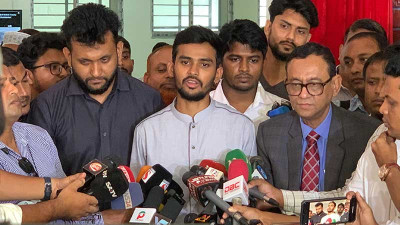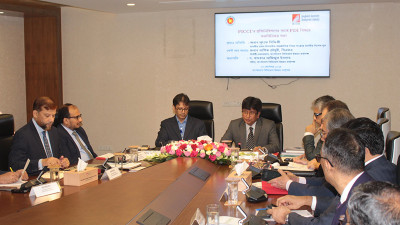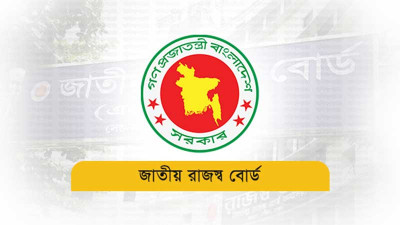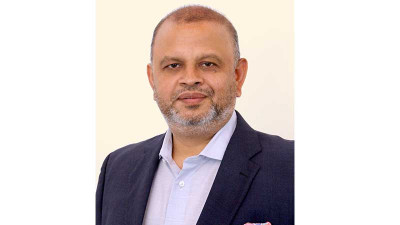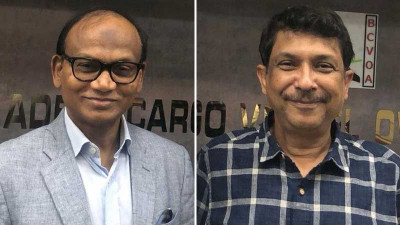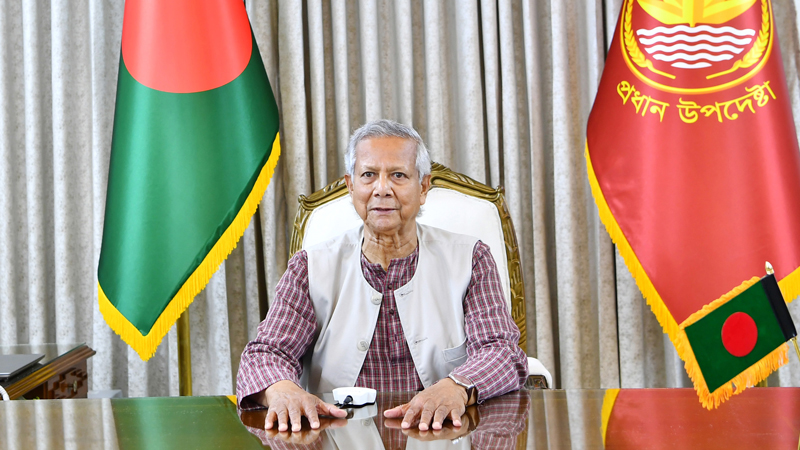 Chief Adviser Dr. Muhammad Yunus addressed the nation yesterday. Photo: PID
Chief Adviser Dr. Muhammad Yunus addressed the nation yesterday. Photo: PID Chief
Adviser Dr. Muhammad Yunus addressed the nation yesterday (Wednesday, September
11), where he disclosed that an additional $5 billion has been requested from
the country’s development partners as budgetary support. This announcement came
during his speech to the nation marking one month since the formation of the
interim government.
In
his address, Dr. Muhammad Yunus stated, “The foreign exchange rate has been
made market-based to stabilize the exchange rate of the Bangladeshi taka
against the dollar. The unethical provision to legalize black money has been
revoked. We have requested budget support from various development partners to
boost foreign exchange reserves. An additional $3 billion has been requested
from the International Monetary Fund (IMF), $1 billion from the World Bank, and
another $1 billion from JICA. Discussions with the Russian Federation regarding
the advance payment and outstanding dues for the Rooppur Nuclear Power Plant
are also ongoing with the Ministry of Finance.”
This
was Dr. Muhammad Yunus’ second speech to the nation since assuming office as
the chief adviser. He had previously addressed the nation for the first time on
August 25.
The
chief adviser mentioned that the interim government has taken the initiative to
utilize $48 billion in foreign assistance in the pipeline. During yesterday’s
(Wednesday, September 11) speech, he said, “Along with stopping looting in the
name of mega projects, we have adopted plans to increase allocations for the
health and education sectors. To ease the pressure on foreign reserves, we have
requested the reduction of interest rates and extension of repayment periods on
loans from Russia and China. We are working to strengthen ties with all
development partners. Clear instructions have been given to publish accurate
figures and values for all economic indicators and statistics. Directives have
been issued to collect, forecast, and publish accurate data on GDP, inflation,
and other critical metrics.”
Regarding
inflation control, Dr. Yunus added, “The people of the country have suffered
from inflation after the fascist government flooded the market by printing an
additional BDT 600 billion for looting purposes. Controlling this unprecedented
inflation is one of the interim government’s key objectives.
“To
combat inflation, we have raised the policy interest rate to 9 percent. To
protect ordinary people, we have ensured the continued supply of essential
goods to marginalized communities at affordable prices through programs like
OMS and the food-friendly program. For this fiscal year, we have allocated BDT
58 billion for rice and wheat imports, BDT 89 billion for domestic procurement,
and BDT 73.6 billion for three food subsidy programs. Meetings with various
stakeholders are being held to identify measures to control inflation.”
He
further elaborated, “Meetings have been conducted with traders, industrialists,
and trade organizations to keep the supply chain for essential goods stable,
and various measures are being implemented based on their feedback. After
assessing current stocks and shortages and reviewing future demands, relevant
ministries, departments, and offices have been instructed to resolve issues
related to imports, ports, major markets, and transportation systems. Meetings
have also been held with large producers of oil, sugar, eggs, and meat to ensure
uninterrupted supply.”
Dr.
Yunus also mentioned, “The National Board of Revenue (NBR) has been instructed
to reduce existing tariffs to lower prices of essential goods like onions and
potatoes. NBR has already issued SROs reducing or, in some cases, eliminating
regulatory duties on the import of onions, potatoes, and certain pesticides.
Through the Trading Corporation of Bangladesh (TCB), around 100 million
low-income families are receiving commodities such as five kilograms of rice,
two kilograms of soybean oil, and two kilograms of lentils at reduced prices
every month. This initiative will continue in the coming days.”
During
his speech, Dr. Yunus noted that repressive laws enacted under the previous
government are being revoked or amended. He stated, “False and harassing cases
filed under the Anti-Terrorism Act and Digital/Cyber Security Act are being
withdrawn. A list of all draconian laws currently in place in Bangladesh,
including the Cyber Security Act, has been prepared. These laws will be
repealed or amended as necessary soon.”
Dr.
Yunus also highlighted that assistance is being provided to expedite
investigations and trials of five high-profile murder cases, including the
killing of journalist couple Sagar-Runi.
Dr.
Muhammad Yunus stated, “Full freedom of the press and expression has already
been ensured. We’ve told everyone, feel free to criticize us openly. We respect
everyone’s opinions. To ensure the media can operate without any obstacles, the
government is actively considering forming a media commission. We’ve also
initiated reforms to reconstitute commissions that can hold the government and
others accountable, making them stronger and more effective in working for the
public good.”
The
Chief Adviser also mentioned that steps have been taken to ensure transparency
in government statistics, alongside efforts to stabilize the stock market. He
said, “Measures have been taken to reconcile the differences between the
revenue data from the National Board of Revenue (NBR) and the Finance Division.
Instructions have been issued to calculate and disclose accurate export
earnings. Plans are being developed to automate the NBR. The Securities and
Exchange Commission has been restructured to return the stock market to
normalcy.”
Regarding
electoral reforms, Dr. Yunus stated, “We are considering reforms for the
Election Commission and other relevant institutions. Police administration,
public administration, judiciary, and the Anti-Corruption Commission must all
undergo reforms to ensure free and fair elections. Reforming these institutions
will contribute not only to a transparent electoral process but also to
building a responsible and welfare-oriented state. Additionally, we recognize
the need for constitutional reforms to ensure the representation and interests
of all segments of society, reflecting the message of the July uprising.”
As
a first step toward these reforms, Dr. Yunus announced that the government has
decided to form six initial commissions. “We have appointed six distinguished
citizens, selected for their expertise, to lead these commissions. The
formation of additional commissions on other topics will continue,” he said.
Dr.
Yunus revealed that Dr. Badiul Alam Majumdar will head the Election System
Reform Commission. Safar Raz Hossain will lead the Police Administration Reform
Commission. Justice Shah Abu Nayeem Mominur Rahman will oversee the Judiciary
Reform Commission. Dr. Iftekharuzzaman will chair the Anti-Corruption Reform
Commission. Abdul Muyeed Chowdhury will lead the Public Administration Reform
Commission, while Dr. Shahdeen Malik will head the Constitution Reform
Commission. The other members of these commissions will be determined in
consultation with the heads of the respective commissions. Representatives from
the advisory council, student, and labor movements, civil society, and
political parties will participate in commission discussions and consultations.
He
added, “We hope that once fully formed, these commissions will officially begin
their work on October 1 and complete it within the next three months. Based on
the commissions’ reports, the government will organize consultation meetings
with major political parties in the following stage.”
Addressing
the public, Dr. Yunus urged citizens to refrain from taking the law into their
own hands. He said, “Do not take the law into your own hands. If anyone creates
disorder in society by doing so, we will hold them accountable and ensure they
face punishment.”
In
conclusion, the Chief Adviser reaffirmed his commitment to building a
democratic Bangladesh for future generations. “We are determined to lay out a
blueprint for a democratic Bangladesh, so that we can proudly say we live in a
democratic country. We are working toward ensuring that everyone can claim this
country as their own,” he said.

